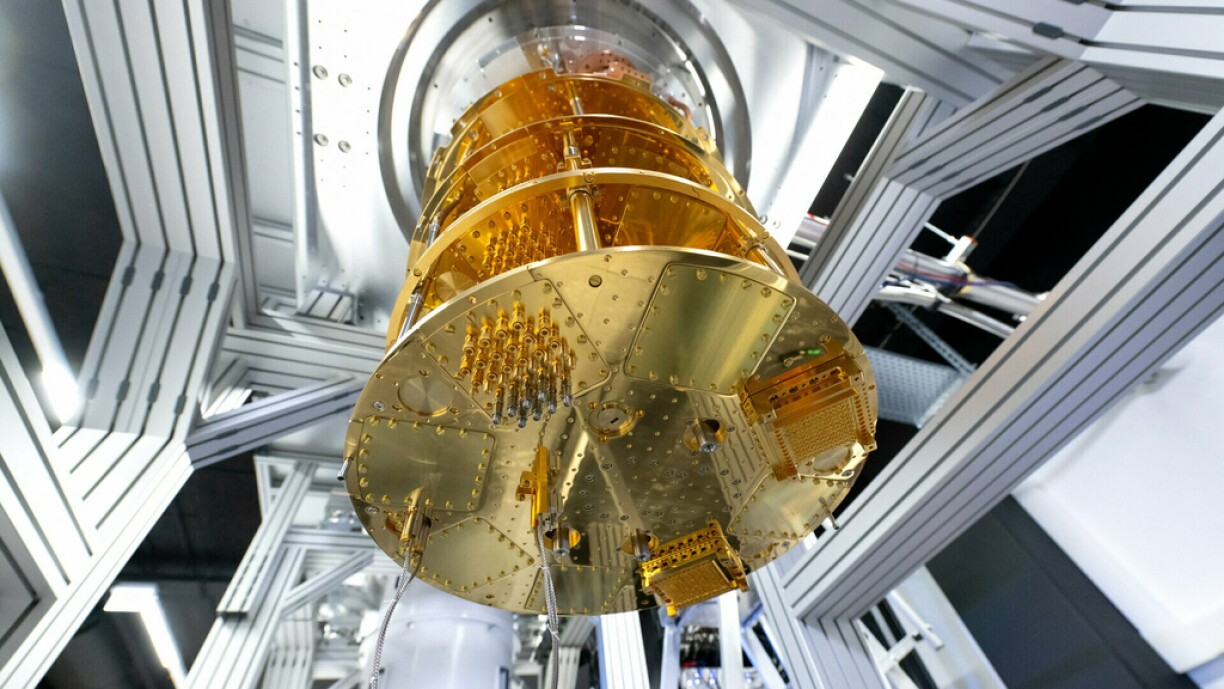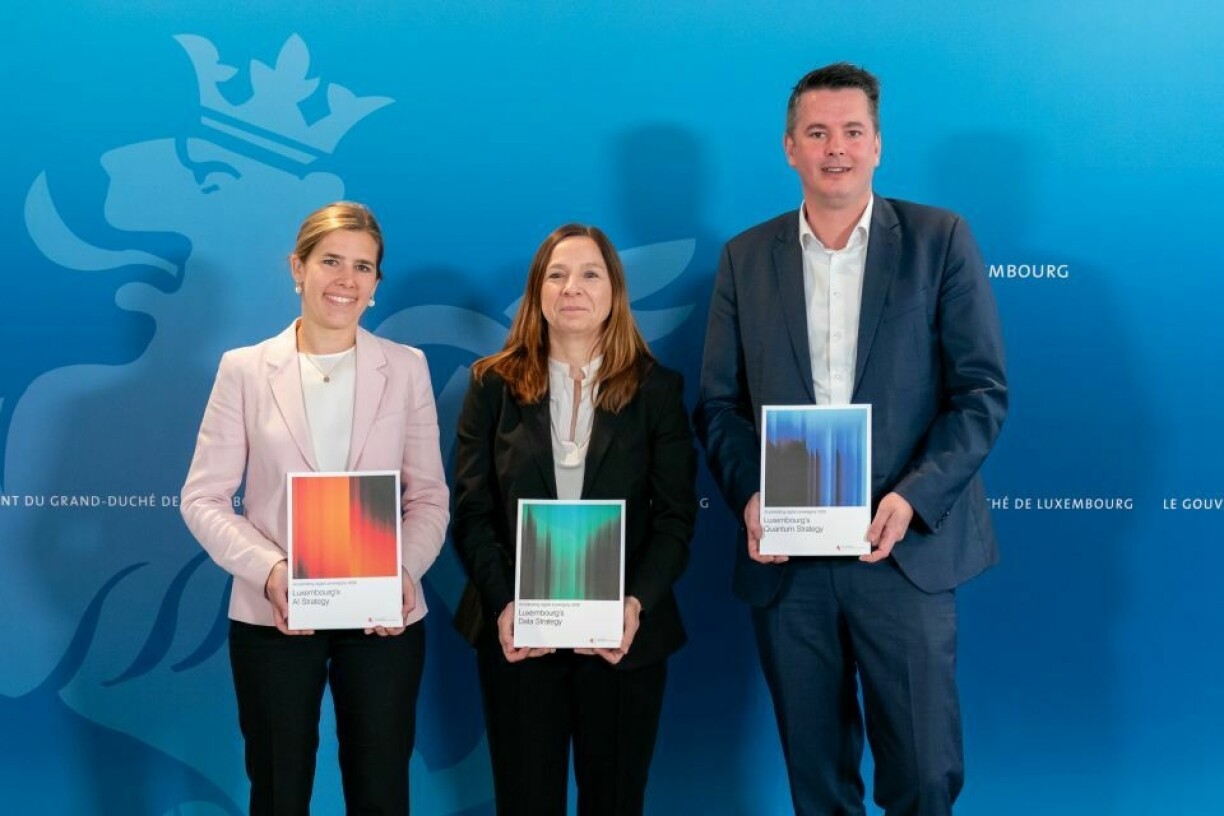
Minister Delegate to the Prime Minister for Media and Connectivity Elisabeth Margue, Digitalisation Minister Stéphanie Obertin, and Economy Minister Lex Delles on Monday presented the strategic initiative ‘Accelerating Digital Sovereignty 2030' to the press. The strategy is based on three key priorities outlined in the 2023–2028 coalition agreement: data, artificial intelligence (AI), and quantum technologies.
The government views AI as a powerful driver of digital transformation, capable of advancing innovation and contributing to a more efficient society. Through initiatives such as the MeluXina supercomputer, dedicated funding mechanisms, and pilot projects, Luxembourg is actively supporting the responsible development and use of AI.
Success, however, depends on more than just infrastructure – it also requires skilled professionals and a population that knows how to engage with and apply AI effectively. To support this, the government is expanding training opportunities and educational programmes.
According to Margue, both citizens and businesses are central to this strategy. The more people use AI, she noted, the better they will understand it and apply it meaningfully.
For the public, this could mean tools that make everyday life easier; for businesses, it means streamlining complex operations through automation and data-driven decision-making, she stated.
The second priority is data, with the national strategy aiming to give people more control over their personal information while enabling the state to offer more modern and efficient public services. A strong governance framework is being established to ensure that data is used in a way that is secure, transparent, and economically beneficial.
Obertin explained that this approach includes data from the public sector but also extends to private industry and the health sector. She stressed that the strategy covers a broad landscape, involving both public and private stakeholders, as well as the research community.
The third pillar is quantum technology, a field based on the principles of quantum physics that promises breakthroughs in areas such as high-speed computation and ultra-secure communications. Luxembourg aims to begin deploying practical applications by 2030, including uses in medical drug discovery and data protection.
Delles drew a parallel with how AI was perceived a decade ago – largely unknown and underdeveloped at the time. He emphasised that Luxembourg must act now to secure a place among the early movers in quantum research and development, ensuring visibility both within Europe and globally.
To bring these ambitions to life, the government is committing €100 million to a set of flagship projects.
